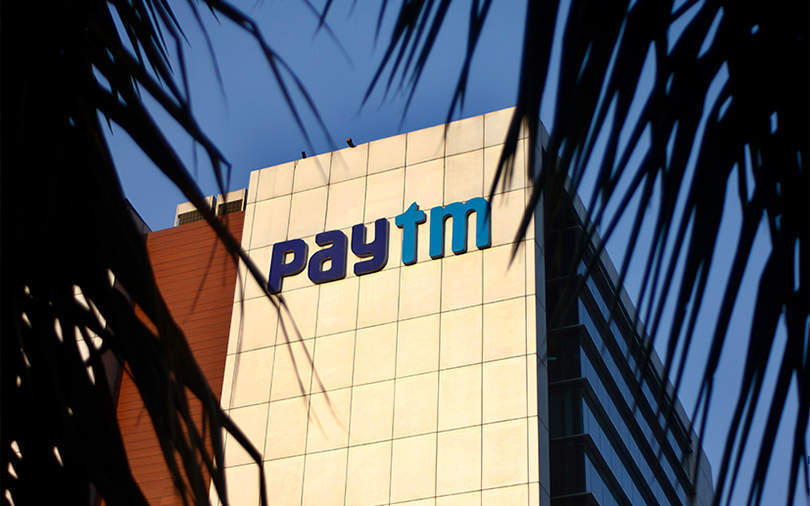
Paytm aims for QR code adoption in small towns with $36 mn spend this year


Digital payments unicorn Paytm said it will invest Rs 250 crore (around $36 million at current exchange rate) for the expansion of its smartphone-scannable quick response (QR) code, using which consumers can send money to merchants’ bank accounts, in tier-four and tier-five towns this year.
“We are aiming to reach merchants in the smallest of towns across India such as Ajmer, Bekgaon, Kurnool, Rohtak, and Latur,” said Deepak Abbot, senior vice-president, Paytm.
Compared to larger cities, the cost of onboarding a merchant in a small town is mostly higher. The company is focused on onboarding more than 60% of merchants from tier-four and tier-five towns, said Paytm in a statement.

The firm aims to reach 26-30 million merchants across every nook and corner of the country. “We are progressing to enable financial inclusion in the remotest part of our country and, therefore, Paytm QR accepts all digital payment instruments such as Unified Payments Interface (UPI), wallets, credit cards, debit cards, and net banking,” Abbot added.
Paytm expects to reach more than 20 million merchants across India by the end of this financial year.
The company has also achieved gross transaction value (GTV) of over $50 billion from 5.5 billion transactions in the financial year 2018-19.

One97 Communications, which owns Paytm, in April launched the recurring payments facility to provide its customers the option to make timely payments to subscription-based businesses. https://www.techcircle.in/2019/04/29/paytm-now-offers-online-merchants-recurring-payment-option
Founded in 2010 by Vijay Shekhar Sharma, Paytm has raised funding from investors including SoftBank, SAIF Partners, Alibaba Group and its affiliate Ant Financial. According to media reports, the company is now in the process of raising up to $2 billion from existing investors SoftBank and Ant Financial.
Paytm primarily competes with Google Pay and Flipkart-owned PhonePe. In March this year, PhonePe received $107.7 million from its parent amid growing competition in the segment.

